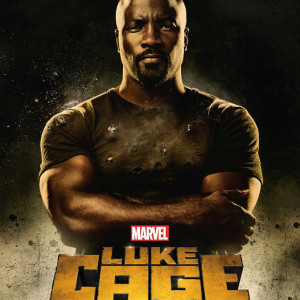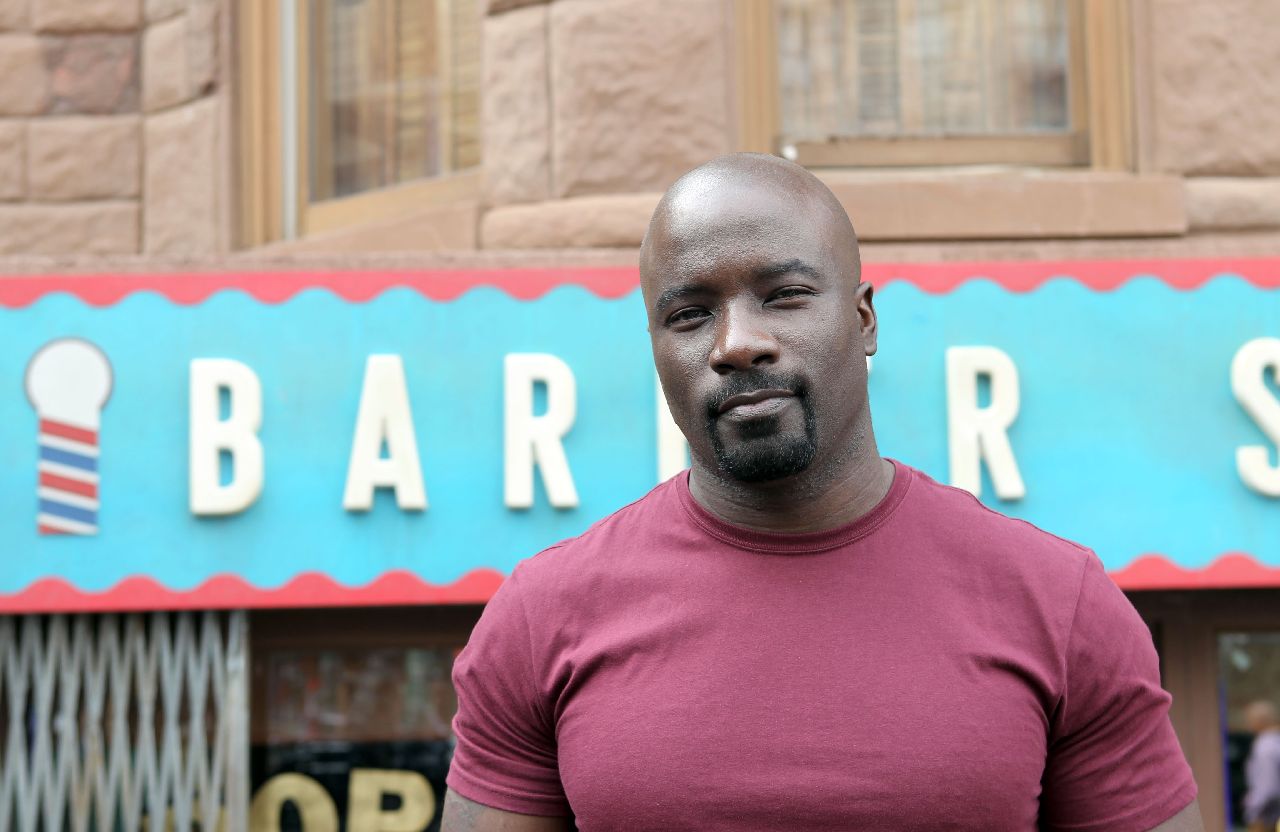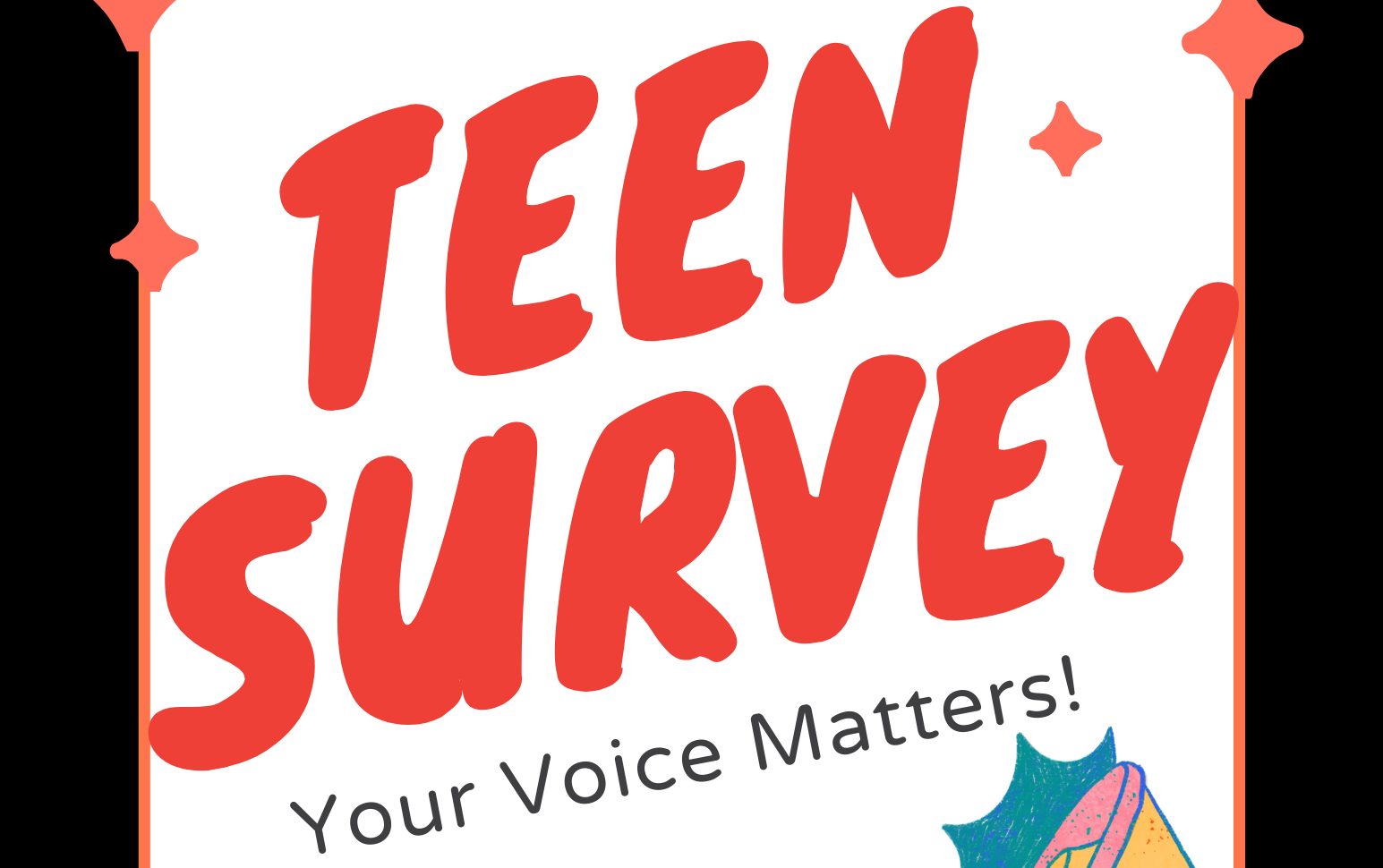The most recent offering from the dynamic duo partnership between Netflix and Marvel, “Luke Cage” premiered on Netflix this fall to some pretty d*mn good reviews. The show was praised for its cast, all of whom played their characters to the fullest of their ability, the brilliantly composed soundtrack composed of a whopping 51 songs (which I happen to own, by the way) and the painstaking detail put into accurately representing Harlem and the people who live in it. For those of you unfamiliar with the escaped prisoner turned bulletproof hero for hire, Luke Cage is the first black superhero to ever receive their own comic book series. (Even though Black Panther was created first he didn’t get his own series until 1977). His powers include super-strength, invulnerability and, simply put, he can jump really high.
Now, of course, people have different opinions on the show — that’s a given. Some people feel the second half of the season loses its spark, others were thrown off at how Mike Colter is so jacked that he can’t stand with his arms at his side and ends up looking like he’s hunching over to compensate. All of these are valid criticisms (I’m looking at you, Mr. Colter), but one criticism that struck me rather confused was that “Luke Cage,”a show about a black man living in a historically black neighborhood, with, you know, black people, was too black. Now, I know what you’re probably thinking, and I don’t blame you; I started violently laughing when I read this in the comments of a YouTube video. The fact that people can dog a show simply because it doesn’t focus on white people making bad life decisions like in other Marvel shows such as “Daredevil” and “Jessica Jones” is incredible, astonishing if you will.
 My dad (who grew up reading the original comic in the 1970s) and I loved “Luke Cage.” At first I wasn’t sure if he would like it more than “Daredevil” because my dad is a sucker for really intense fight scenes. But when I asked him which one he like the most he said, “Luke Cage.” We talked more about it, and he told me that the main reason he liked it so much was because he related the most to it. “Daredevil” didn’t have that. Lord knows we both love that show, but it’s hard to relate to a group of young, attractive, white lawyers (yes, even Foggy).
My dad (who grew up reading the original comic in the 1970s) and I loved “Luke Cage.” At first I wasn’t sure if he would like it more than “Daredevil” because my dad is a sucker for really intense fight scenes. But when I asked him which one he like the most he said, “Luke Cage.” We talked more about it, and he told me that the main reason he liked it so much was because he related the most to it. “Daredevil” didn’t have that. Lord knows we both love that show, but it’s hard to relate to a group of young, attractive, white lawyers (yes, even Foggy).
My dad is a pretty big guy, he’s six feet and 10 inches tall, so he closely resembles Luke in height, and being an older black man, he understood more references than I did. The show just nails all aspects of black culture. So when I told him about these specific criticisms, he didn’t even look phased. He just sighed and kept thumbing through channels on the remote. It’s almost as if hordes of racists hiding behind anime avatars are nothing to a 51-year-old black man who still remembers when they hid under bed sheets.
And to anyone reading this article who hasn’t yet seen “Luke Cage,” do yourself a favor and check it out. It’s a love letter to Harlem, and more specifically black culture, and features many cameos from people prominent in the black community. It borrows from 1970s blaxploitation-era films without coming off as vaguely racist, and combines jazz and funk to create a kick-ass soundtrack that, in my humble opinion, deserves a Grammy. “Luke Cage” is a hit in my book and something I will gladly watch over and over again.




